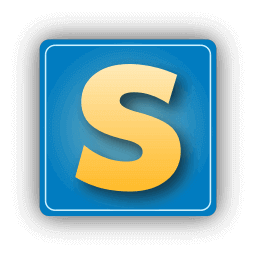
Maxima is a FREE computer algebra system comparable to commercial systems like Mathematica and Maple. It emphasizes symbolic mathematical computation: algebra, trigonometry, calculus, and more. The program can calculate with exact integers and fractions, native floating-point, and high-precision big floats.
Maxima is a system for the manipulation of symbolic and numerical expressions. Including differentiation, integration, Taylor series, Laplace transforms, and ordinary differential equations. Besides that, the systems of linear equations, polynomials, sets, lists, vectors, matrices, and tensors.
Maxima yields high precision numerical results by using exact fractions, arbitrary-precision integers, and variable-precision floating-point numbers. It can plot functions and data in two and three dimensions.
The software has user-friendly front-ends, an online manual, plotting commands, and numerical libraries. Users can write programs in their native programming language, and many have contributed useful packages in a variety of areas over the decades.
You can download the executables for Windows, Mac, and Linux. Source code is also available. An active community maintains and extends the system.
Maxima Features:
- Specialized in symbolic operations but offering numerical capabilities too.
- Can be accessed programmatically and extended, as the underlying Lisp can be called from it.
- A complete programming language with ALGOL-like syntax but Lisp-like semantics.
- Arbitrary-precision integers.
- Rational numbers of sizes are limited only by machine memory.
- Arbitrarily large floating-point numbers (“bfloats”).
Maxima is a descendant of Macsyma, the legendary computer algebra system developed in the late 1960s at the Massachusetts Institute of Technology. It is the only system based on that effort still publicly available and with an active user community. Thanks to its open-source nature.
Maxima (/ˈmæksɪmə/) is a computer algebra system (CAS) is written in Common Lisp and runs on all POSIX platforms such as macOS, Unix, BSD, and Linux, as well as under Microsoft Windows and Android. It is free software released under the terms of the GNU General Public License (GPL).

